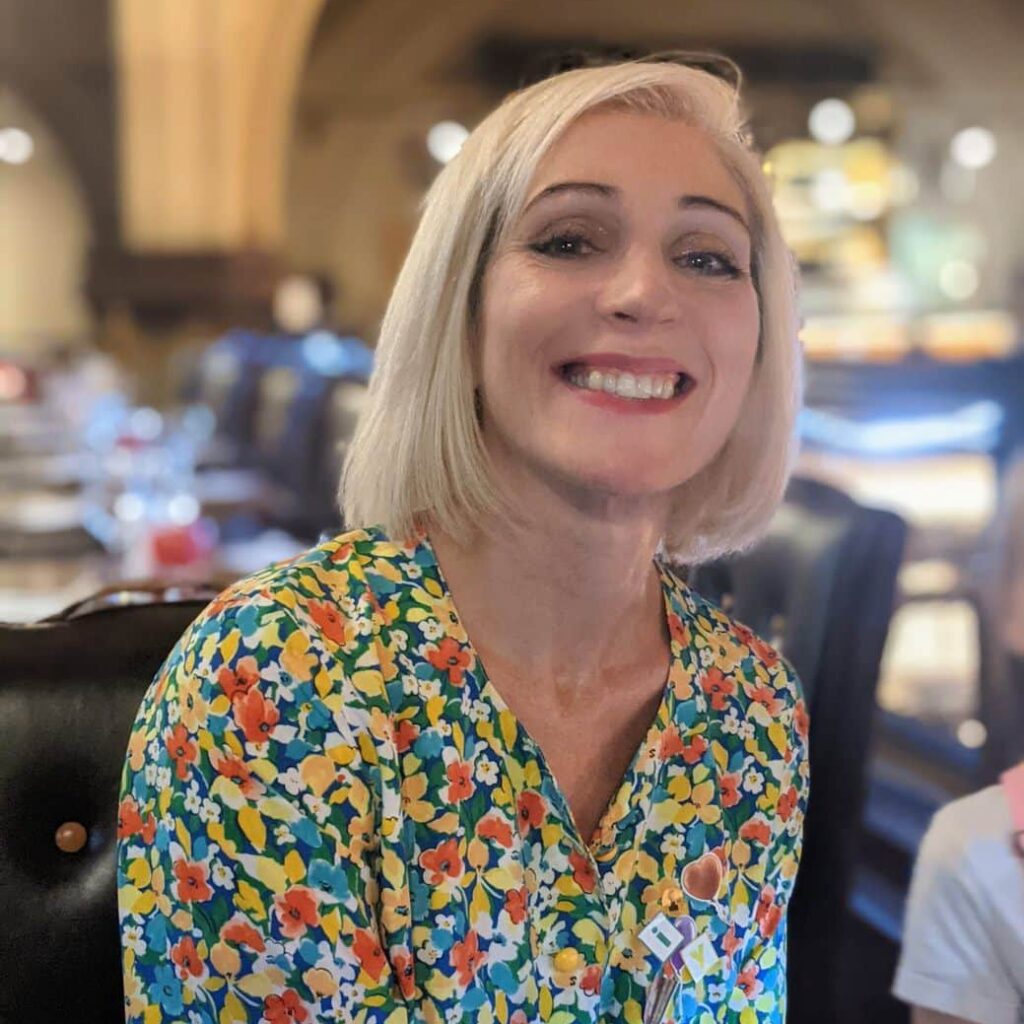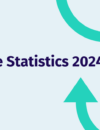
We had the opportunity to catch up with Charlotte Forsyth, former Chief People Officer at WorldRemit. Druthers placed Charlotte in her role in February 2020, where she helped to scale WorldRemit from 800 people to 1600 in 18 months. Charlotte spoke to us about her experience of redefining WorldRemit’s employee value proposition (EVP) and raising their brand awareness in order to scale.
How did you convey your culture to new candidates at WorldRemit?
“We went on a bit of a journey with this at WorldRemit, because there was quite a misalignment between what people thought our culture was like and what it’s really like. We spent a lot of the last year becoming really clear on what our EVP (employee value proposition) was and it was really important to me that we got this across in the employment process. We created 3 pillars – impact, purpose and exposure – and from the very first contact with candidates were clear with them about what we expected from them in terms of high performance, as well as how we would support them to deliver that in terms of mental health and career development.”
Do you think it felt authentic? How did you measure success?
“Attrition figures speak for themselves. The fact that our attrition figures for new joiners (employees with less than 12 months of service) halved and stayed steady speaks to the fact that we were portraying our culture in an authentic way.”
How did you manage to recruit that many people and which were the hardest areas to find talent quickly?
“We had to be a lot more active and take control of our narrative on LinkedIn, working with our Comms Director to create a lot of top-of-funnel work to raise awareness of us as an employer. We ran female-only meetups and hackathons, as well as internships and returnships through Women in Tech, to improve our diversity and attract talent typically overlooked.”

How do you approach diversity and inclusion in the workplace?
“I’m a big believer that you need to raise awareness but lower the barrier to entry. You need a pipeline of diverse junior talent, rather than creating quotas for senior talent that doesn’t necessarily exist yet. There’s also a bigger piece here around inclusion because I can recruit you a really diverse workforce but if people don’t feel like they can be authentic and talk about their upbringing, partner or weekend plans, it hasn’t been successful. Diversity and Inclusion these days is far broader than the protected characteristics, it’s about diversity of thought. Do your training programmes and workshops support everyone in the room? There’s an expectation at those types of events that people should speak up and get involved, but for someone who’s neurodiverse or even just introverted, that’s very uncomfortable.”
Did COVID change anything in your recruiting process? Are you working remotely?
“We haven’t made the decision to go fully remote, we operate on a hybrid basis. We had to be aware of location and people working from different jurisdictions, which gives you issues from a tax and employment law perspective.”
What red flags are there for you in interview processes in general and what bad experiences have you had in the past?
“I think the big thing is being really clear about what the employee value proposition is and making sure that the values are read through every single touch point of the employee life cycle. For me, the red flag is always asking ‘how does this align to the values?’ and if the person does not reflect the values, it could result in misalignment.”





